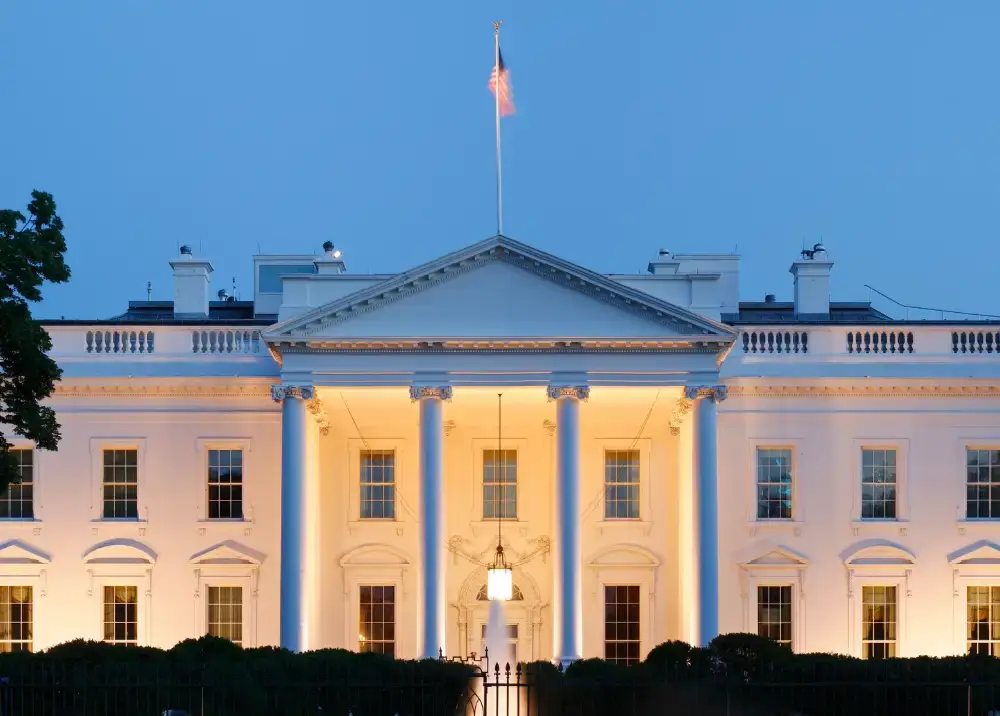President Biden has issued an executive order aimed at ensuring the “Safe, Secure, and Trustworthy Development and Use of Artificial Intelligence.” This move signifies a significant step forward in acknowledging the critical role of AI in our modern world and the imperative need to oversee its responsible development.
The executive order sets out a clear vision, stressing the necessity for AI to comply with all federal laws and emphasizing the importance of technical evaluations, meticulous oversight, engagement with affected communities, and stringent privacy protections. This is a strong assertion of the government’s commitment to harnessing AI’s potential while upholding public trust and security.
Key highlights of this executive order include:
- Purpose: The order underscores the essential role of AI and the need to ensure its safe, secure, and trustworthy advancement. It reflects the administration’s determination to make AI work for the benefit of all.
- Guidance for Federal Agencies: Within 270 days of the order, the Secretary of Commerce, in collaboration with relevant agencies, will provide guidance to guarantee the development of AI systems that meet the high standards of safety, security, and trustworthiness. This guidance will play a pivotal role in shaping the future of AI implementation in the federal government.
- AI Assurance and Risk-Management Practices for National Security Uses of AI: In a move to enhance national security, the Secretary of Defense and other relevant agencies, along with the Intelligence Community, will adopt specific AI assurance and risk-management practices. These measures will help mitigate potential risks to national security posed by the use of AI.
- National Research Infrastructure: The National Science Foundation (NSF) takes a leading role in driving cutting-edge AI research, expanding our understanding of AI concepts and techniques, and accelerating the development of trustworthy AI. This will also prepare the next generation of AI experts, essential for staying competitive in the global AI landscape.
- AI Pilot for Cyber Defense: As part of the executive order, the Pentagon has been directed to initiate a new AI pilot program focusing on cyber defense. This underscores the government’s commitment to leveraging AI for national security in innovative ways.
Read the full executive order here!
These developments reflect a growing recognition of the importance of AI not only in the United States but on the global stage. The international community has not been passive in addressing the challenges and opportunities presented by AI. The G7 countries have established a code of conduct for AI companies, aiming to set a benchmark for the responsible development and use of AI.
The United Nations, meanwhile, has established an advisory committee dedicated to addressing global AI regulation issues. Additionally, the UN Secretary-General has introduced a new Artificial Intelligence Advisory Body to focus on the risks, opportunities, and international governance of artificial intelligence. The European Union has played a pivotal role by introducing its landmark EU AI Act, while the Department of Homeland Security (DHS) in the United States will ensure that AI usage is safe and secure, respecting equity and safeguarding privacy, civil rights, and civil liberties.
These comprehensive developments demonstrate the growing consensus among governments and international organizations regarding the need to address the challenges and seize the opportunities presented by AI in a responsible, safe, and trustworthy manner. It is a clear signal that the world is actively working towards the responsible regulation of AI to ensure its benefits are enjoyed by all.











